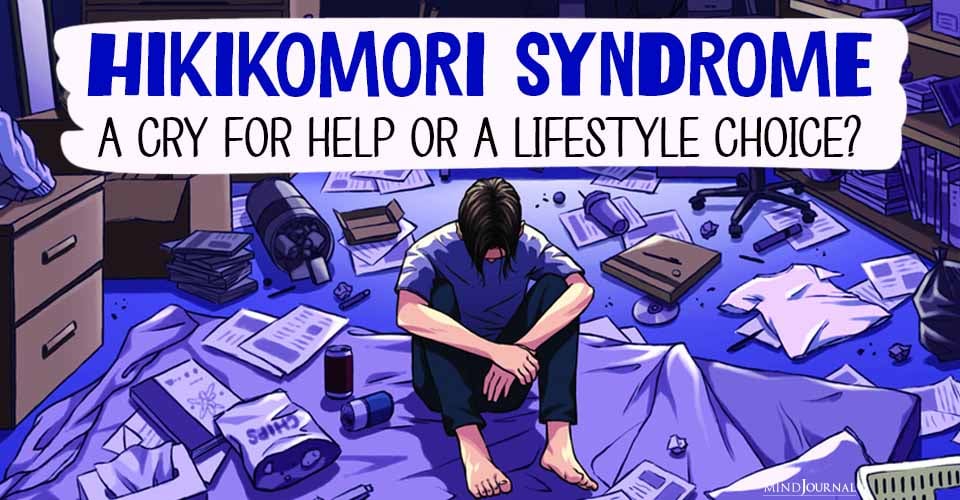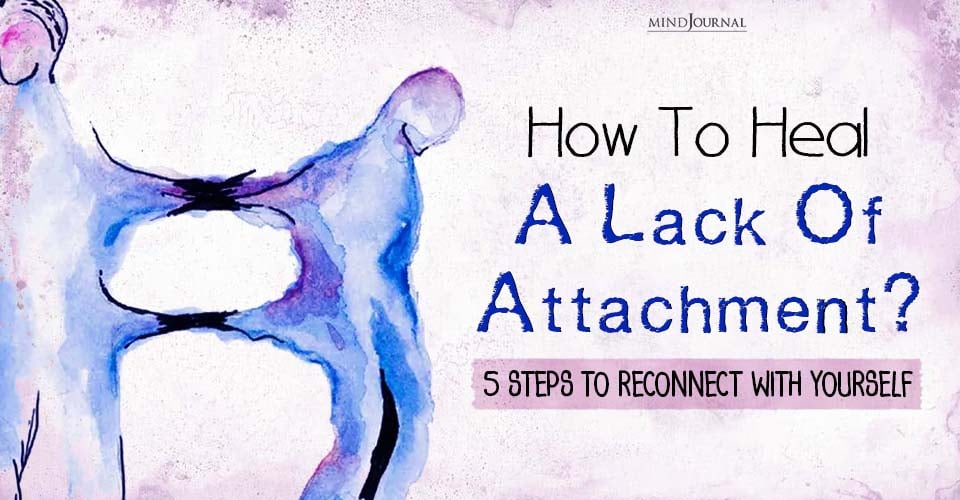Suicide is an immensely painful thing to deal with, and even more painful for the person who is contemplating suicide. However, sometimes, telling a story can prevent suicide. Intrigued? Yes, that’s the power of storytelling. Read on to know more about how storytelling can help with suicide and suicidal behavior.
KEY POINTS
- Suicide is on the rise. Talking to a person who is contemplating suicide can harm the relationship.
- Telling a story introduces hope in a seemingly hopeless situation.
- Storytelling can be used in a variety of sensitive situations.
Suicide is on the rise across the country. People often see signs of suicidal ideation in the behaviors and words of their friends and loved ones but don’t know what to say or how to broach the topic. Asking the person if they are thinking about hurting themselves is the most direct way to confront the issue, but this approach is double-edged.
You may get an honest answer, but the fact that you even asked the question puts a person who is not suicidal in a defensive posture, which can harm personal relationships.
Related: If You’re Having Suicidal Thoughts, Please Read This
Contemplating suicide is like living in a house built with two-way mirrors. The person inside the house only sees themselves and can’t find the exit. Conversely, people on the outside can see into the house, but they don’t know how to open the door that is locked from the inside.
When a person is trapped inside a mirrored house their suicidal thoughts whirl faster than a clothes washer on a spin cycle. The best way to interrupt the suicidal ideation cycle is to introduce new ideas. New ideas create hope, and hope is a life raft for suicidal people.
Nobody wants to be told that they are broken. Our defense mechanisms prevent us from seeing our flaws, and an indirect approach may be a more effective way to communicate with a person you suspect is considering suicide. The added benefit of an indirect approach is that if you are wrong, your relationship with that person will not be harmed.

Tell a story
Telling a story is an effective way to introduce new ideas indirectly. People don’t like being told that they are broken, but most people will listen to stories about other people who are broken. Stories must have a moral and a course of action.
The moral of the story in suicidal situations is that there is always hope no matter how bad a person thinks their circumstances are. The course of action is to talk to a professional who can guide you through a crisis or, at least, talk to someone you trust about your state of mind.
If you suspect a loved one or friend is contemplating suicide, you could tell a story at an appropriate moment during a casual conversation. For example, last week I saw a friend of mine whom I haven’t seen for ten years. We had coffee and talked for a long time. During our conversation, he told me that he went through a tough time with a broken relationship a few years back. It got so bad that he contemplated suicide.
Related: How To Help A Person Who Is Feeling Suicidal
He was in a dark place for a long time. He finally confided to a close friend about his situation. She told him that she went through a similar situation and refused to get help until it was almost too late. She told my friend that she felt like a tornado ripped through her life and destroyed everything. The loss was devastating.
She finally went to a therapist who gave her hope of building a better life. She lost everything, but the hope of rebuilding a new life remained undamaged. She is now happily married in a healthy relationship.
My friend confided that his friend gave him hope. He sought out a therapist who guided him through the rough times. He learned that life is worth living no matter how things turn out. He’s very glad he confided in a close friend and got help from a therapist. The therapist’s words opened the gates to a new and improved life. My friend is now in a healthy relationship and is very happy.
Telling a story is an effective way to introduce new ideas to a person contemplating suicide. New ideas can break the cycle of despair.
Storytelling can also be used in a variety of situations when you want to confront a friend or loved one with a sensitive topic. Storytelling is a powerful way to communicate without damaging a relationship. If you think a person may be contemplating suicide, tell them a story that may save their life.
Want to know more about how telling a story can prevent suicide and how storytelling can help suicidal people? Check this video out below!
Written By Jack Schafer Ph.D. Originally Appeared On Psychology Today
Frequently Asked Questions (FAQs)
If a person really needs mental help and refuses to get what can the parents do to help them?
Parents should always try to be respectful towards their children’s way of tackling life problems. If they are not comfortable opening up, you can ask your child to note down the issues they are facing. Be compassionate and supportive and once they get comfortable, encourage them to talk to a therapist.
Does a parent have the right to decline medical help for a child who attempts suicide?
Parents need to seek medical and legal advice for the child who has tried to attempt suicide and take the action considering what is best for the child.
If a parent does not get mental health treatment for a child, is that abuse?
It depends on the intention of the parents. If parents deny mental health treatment for a child because they lack mental health awareness and long-term consequences of mental illnesses, it is not abuse.










Leave a Reply